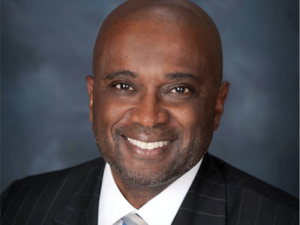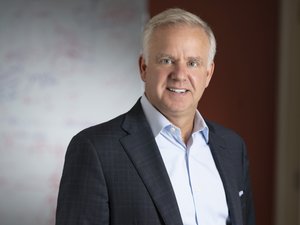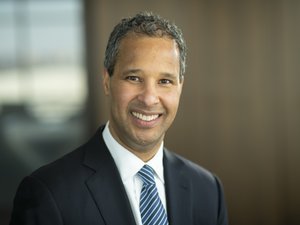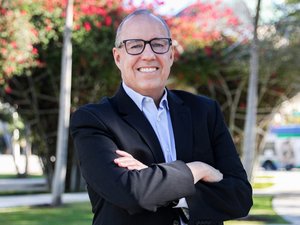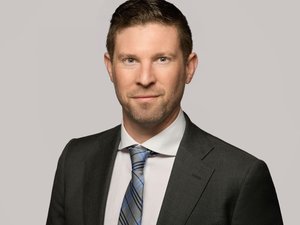
Operational security isn't the sexiest subject to broach, but it is one of the most important — at least that's how founder and CEO of MKACyber Mischel Kwon sees it.
"The more we're talking about it, the more we're thinking about it, then maybe we'll actually do something about it," she said. "Move it to the forefront, make it a priority."
Kwon founded her security consulting firm in 2010, following a lengthy career in operational security. As deputy director for IT security staff at the Department of Justice, she built a Justice Security Operations Center to protect against cyber attacks. When she worked at RSA Security, she researched cyber solutions for the public sector.
"I spent a lot of time examining the field and talking to people about it, and I really thought we needed to do it a different way," she said. "It wasn't necessarily a sexy tool, or a problem that needed to have a lot of money thrown at it, but there was a clear methodology that needed to be developed. That was really the foundation of MKACyber. We really pride ourselves in the methodology we created and we stand by [it]."
The company, which works with both commercial and federal clients, approaches security from an operational perspective, she said. Whereas most people think about their security solutions by referencing certain statistics or in compliance with company regulations that mandate them to, Kwon said MKACyber "is trying to move the needle back towards making it much more operational or effective for a company."
They're doing that by offering their customers Security Operation Center (SOC) assessments and solutions.
"We go out and assess how people are doing detection [of potential cyber attacks] in their environments, and help them either remediate that, or build something [for them to do so]," she said. "We're really basing what we do on data, not just a bunch of disparate tools but more understanding the threats that could affect that environment or that company, looking at their vulnerability, seeing what they're vulnerable to and what the risk to that company would be."
Last month showed exponential growth for her company, Kwon said, relative to a slow and steady first few years.
They announced their $4.1 million Series A on June 19, as well as the expansion of their board of directors to include several well-known figures in the security industry: the first Secretary of the U.S. Department of Homeland Security Tom Ridge, former Secretary of the U.S. Air Force Deborah Lee James and the former Deputy Chief of Staff at the White House Office of Cybersecurity and Critical Infrastructure Protection Tiffany Jones.
Kwon said that during their security assessments, they'll also examine how a company's team works together to sort out how they'd respond during the time of an incident. She said organizations often struggle with that part and that that could be thanks to how the industry was build in the first place.
"When we started doing this 15 years ago, we were really driven by compliance and during that compliance period, we created a lot of policy that tried to protect us internally. So, we created this separation of duty policy, where we pulled IT away from SOC, and we made people have different roles," she said. "In that way, we made a rift between IT and security operations. We thought it was the right thing to do, to separate IT and security."
"That's just a mentality that has to evolve away, but it's a prevalent mentality."
Security operations and solutions have to be proactive instead of reactive, she said, and part of that means changing the conversation. As "cybersecurity" becomes more and more of a buzzword, as talk of secured elections and prevention of foreign government hacking become more and more prevalent, Kwon said she fears that talk about security is veering in the wrong direction.
"I do think we need to caution ourselves not to be too hysterical, so not just reporting on the malware piece of it... but looking at the perspective of, 'Were we prepared for this?' That's a bigger story to me," she said. "We're not hearing about that because it's not so sexy. It's vanilla, as people say. But what's vanilla is very important. It's the way we survive these cyberattacks, prepare ourselves and make sure our defenses are in order."
On the plus side, she said, the increased conversations are generating more demand to reassess security. While she wishes talk would focus more on defense, the industry itself is growing stronger.
"There's definitely more demand to assess. Absolutely. Companies are standing up and doing the right thing... We're seeing a move forward," she said.
Image used via CC0 License
